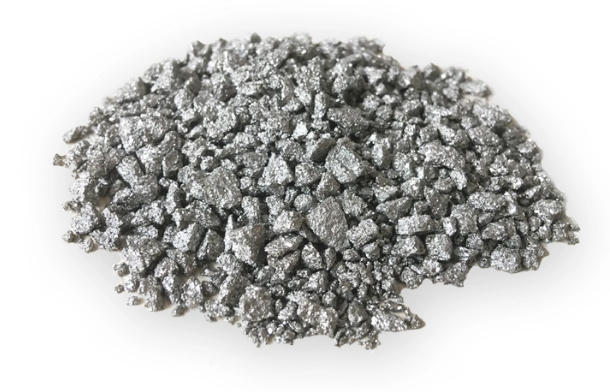
The use of calcium refining agents in steel production is essential for enhancing the purity and performance of steel. Impurities, including sulfur, oxygen, and non-metallic inclusions, can adversely affect steel quality and mechanical properties. Calcium-based refining agents play a crucial role in removing these impurities and improving steel cleanliness. In this article, we will explore the significance of calcium refining agents and discuss the key methods employed in steelmaking to achieve effective refining.
Impurities such as sulfur and oxygen can have detrimental effects on steel properties. Sulfur can lead to reduced ductility, poor weldability, and increased brittleness, while oxygen can form oxide inclusions that negatively impact mechanical performance. Calcium refining agents offer an effective solution to remove these impurities and improve the overall quality of steel.
Calcium carbide is a commonly used refining agent in steel production. When added to the molten steel, calcium carbide reacts with sulfur, forming calcium sulfide, which has a higher melting point and tends to float to the surface. This facilitates the removal of sulfur from the steel. Calcium carbide also reacts with oxygen, forming calcium oxide, which can be absorbed by the slag or react with other impurities.
Calcium silicate is another effective refining agent used in steelmaking. It reacts with sulfur, forming calcium sulfide, which is less soluble in steel and can be easily separated. Additionally, calcium silicate helps in reducing the oxygen content in the steel by forming calcium oxide, which can combine with other impurities or be absorbed by the slag.
Synthetic slag additives containing calcium compounds are widely employed in steel refining processes. These additives, typically composed of calcium oxide (CaO) or calcium fluoride (CaF₂), are added to the slag to enhance its ability to absorb impurities. Calcium-based synthetic slag additives facilitate the removal of sulfur and oxygen from the steel, improving its cleanliness and reducing the occurrence of harmful inclusions.
Injection methods are commonly used to introduce calcium refining agents into the molten steel. Calcium wire injection involves continuously feeding calcium wire into the steel bath, where it reacts with impurities. Calcium powder injection, on the other hand, involves pneumatically injecting fine calcium powder into the steel. These injection methods ensure thorough mixing and reaction between the calcium refining agents and impurities, leading to effective removal.

Ladle refining processes, such as ladle metallurgy furnace (LMF) or ladle furnace (LF), are crucial stages where calcium refining agents are added to further improve steel purity. During ladle refining, the molten steel is transferred to a ladle, where refining agents, including calcium-based compounds, are introduced. The steel is then subjected to stirring or other agitation techniques to facilitate the reaction between the refining agents and impurities, resulting in cleaner steel.
The use of calcium refining agents in steel production is vital for enhancing steel purity and mechanical performance. Calcium-based compounds, such as calcium carbide and calcium silicate, effectively remove impurities like sulfur and oxygen from the steel. Synthetic slag additives and injection methods ensure thorough mixing and reaction between the refining agents and impurities. Ladle refining processes provide additional opportunities for refining steel using calcium-based compounds. By employing these calcium refining techniques, steel producers can improve steel cleanliness, reduce the occurrence of detrimental inclusions, and ultimately deliver high-quality steel products with superior mechanical properties.

Write a Message